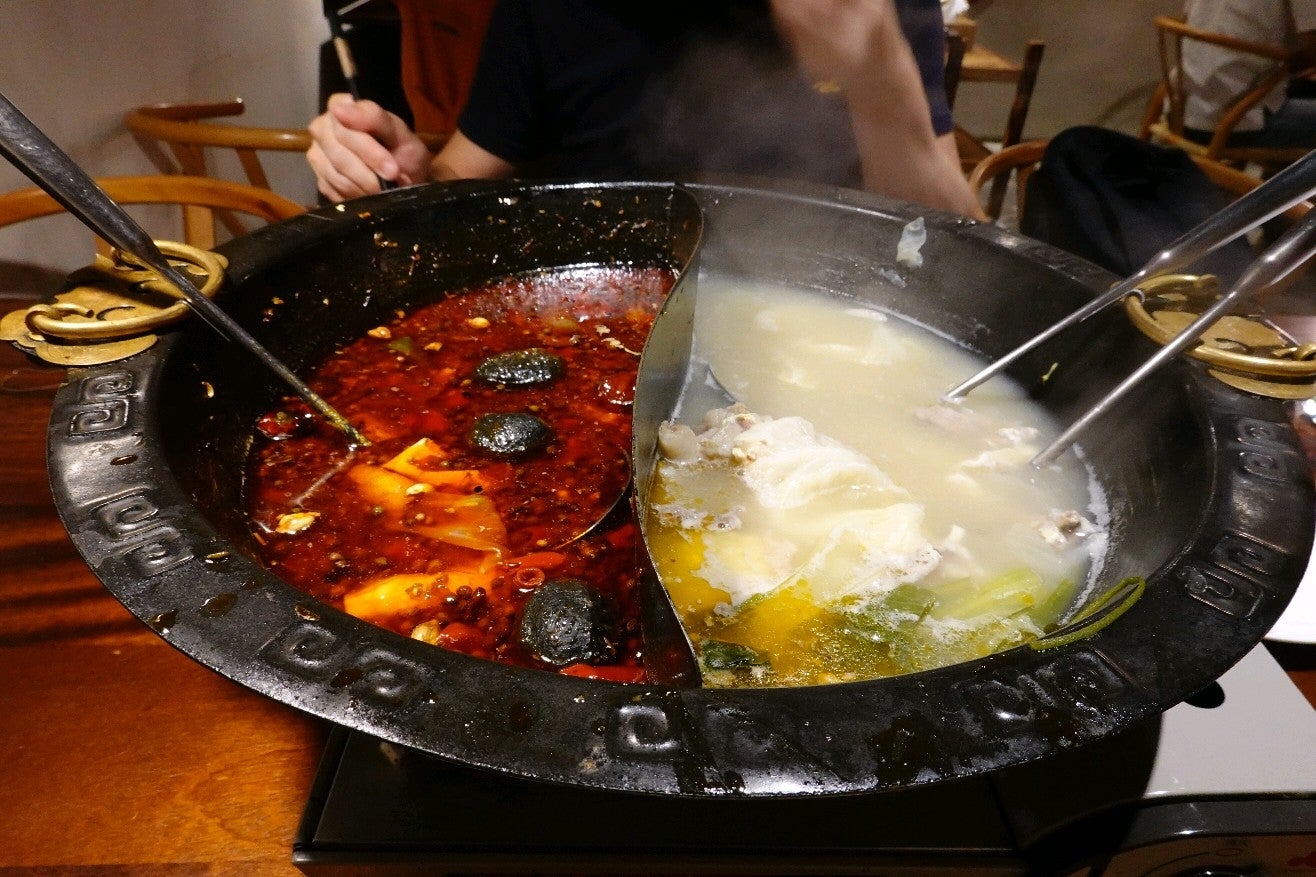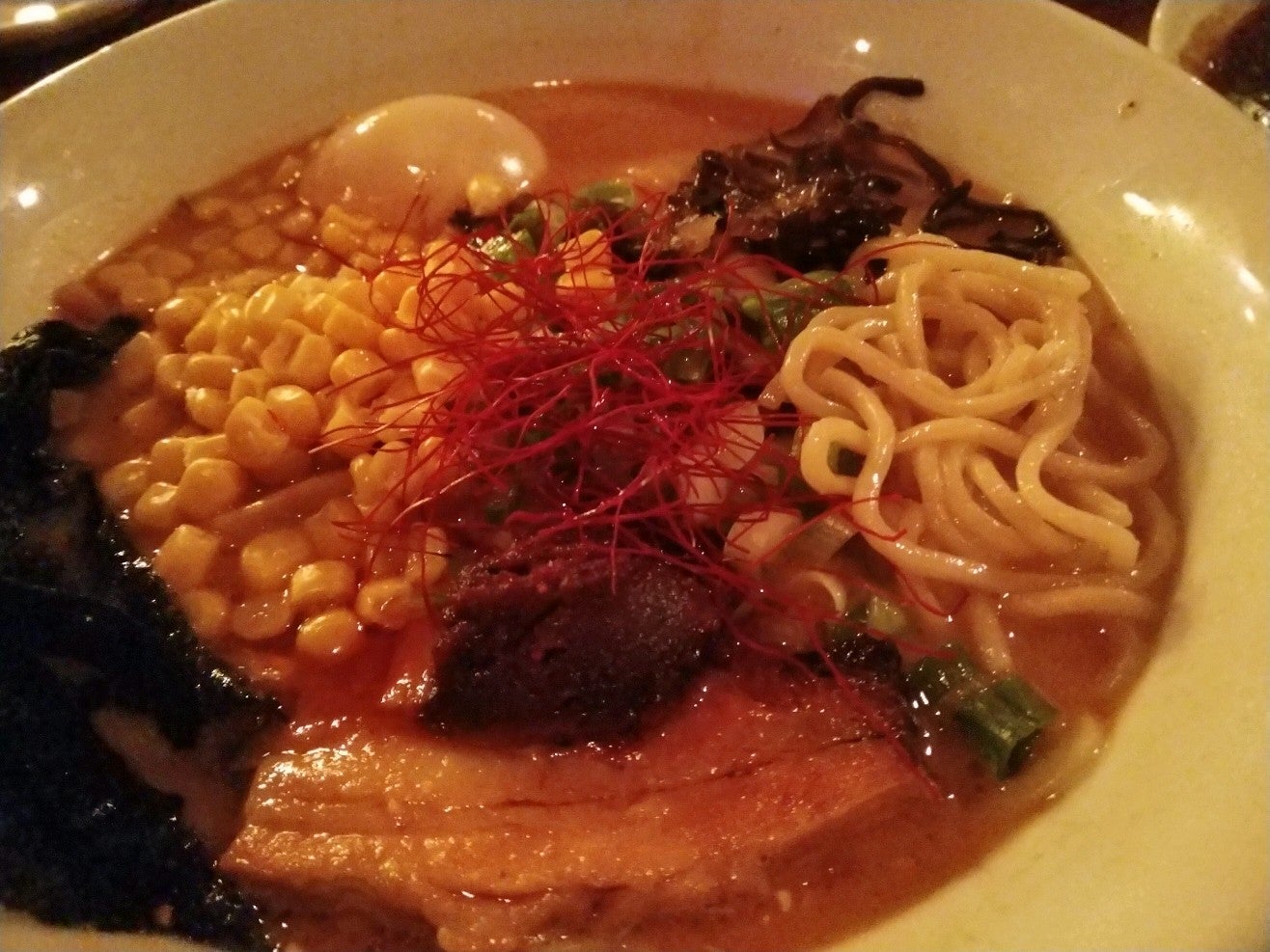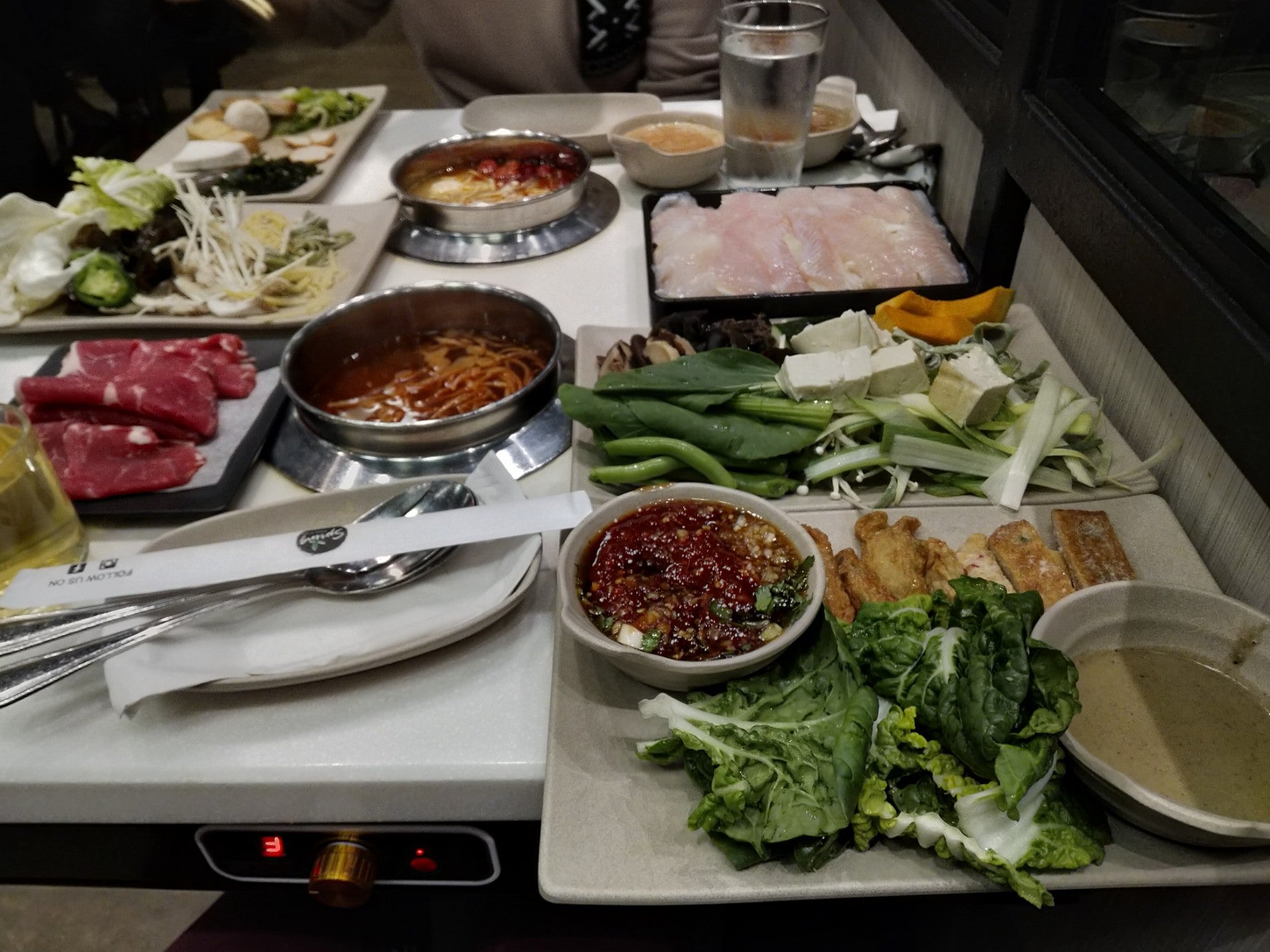Reading response paper four
Christopher Columbus, “From a letter to Gabriel Sanchez”
“… But I forbade giving them a very trifling thing and of no value, such as bits of plates, dishes, or glass… So, too, for pieces of hoops, jugs, jars, and pots they bartered cotton and gold like beasts. This I forbade, because it was plainly unjust; and I gave them many beautiful and pleasing things, which I had brought with me, for no return whatever…”
The preceding sentences really seem to clash with all of my preconceptions about the European “explorers” and the overtaking of the Americas. Typically, I think of the peoples who lived on this continent as being the victims of a foreign invasion. I always thought that the Aztecs, Mayans, Incans, and other civilizations were brought down by the greed and diseases of the Spaniards, Portuguese, and other European peoples. According to the letter from Columbus, though, these conceptions might be wrong. Apparently Columbus and his men had very good intentions.
Later in Columbus’s letter, he states that he simply wishes to win the native people’s affection so that they will love the King and wish to become Christians. Columbus mentions more reasons that the natives would be good candidates for Christian conversion. An example is that the natives from the various islands Columbus encountered all speak the same language. This would help facilitate teaching them Christianity. This basically proves the goodwill of Columbus’s men, because nobody would use a religious or political goal as a pretense for invading another land…
Throughout reading that letter, I was in awe of Columbus’s impudence in his explanation of what his men did on those islands of the Caribbean. Though he did admit taking over a city for commerce, he failed to mention all of the brutalities that occurred as a result of his men and their greed.
The section of Howard Zinn’s work provided a slightly different viewpoint of the Columbus expedition. Zinn explained how Columbus basically took the islands by force, eliminating anybody and anything that got in the way of the main goal. That goal was to bring back to Spain massive amounts of gold. Once the prospects of gold vanished, the Europeans next turned to slavery. The second Columbus expedition was comprised of 17 ships, which could not be filled with gold, so they were filled with slaves as much as possible. Unfortunately for Columbus, and the slaves, many died en route to Spain. Through slave-raiding such as this, Haiti’s population of 250,000 was halved in two years.
Many observations in Zinn’s work were quite different than those in Columbus’s letter. Later in Zinn’s piece, he describes the duties of a historian, and the struggle of staying objective and centered. A historian could pick sides intentionally or subconsciously through emphasis of certain details. Zinn states that his goal is to look at everything from a non-traditional perspective. This all basically means that Zinn’s ideas may be unfair, just as standard history is too.
This struggle for truth is evident in almost everything written or spoken. For instance, the readings pertaining to Rigoberta Menchu contain a bit of controversy. This is another case of deciding whom to believe, if anyone. Menchu’s book is very detailed and eye-opening. Not much disagreement exists over the atrocities that happened in Guatemala. There are, however, many contested facts and events in the book as well. In particular, David Stoll researched and disputed many of the core facts of Menchu’s book, including things like lying about family members and events that happened. Many people believe Menchu’s version of the truth deviates so much from reality that her Nobel Prize should be revoked.
When I read both sides of the argument, I find points on both platforms that cause me to struggle with whom to believe. Menchu obviously stretched some things, if not much more than that. I need to decide if she crossed the line, though, in getting her message across. I think her message is a good one, as does much of the world. Smooth presentation of that message is very important, however, especially in these times when the media is very critical, and the public has a huge capacity to do independent research.
Taking the Menchu controversy and the seemingly opposing views of Columbus, I can only conclude that in order to approach the truth of any situation, one must continuously evaluate all sides of the argument and analyze the speakers’ possible motives, biases, and qualifications. The nature of historical documents introduces error as well, because taking a document as the word of the apparent author is no more rigorous than believing the latest gossip.






















